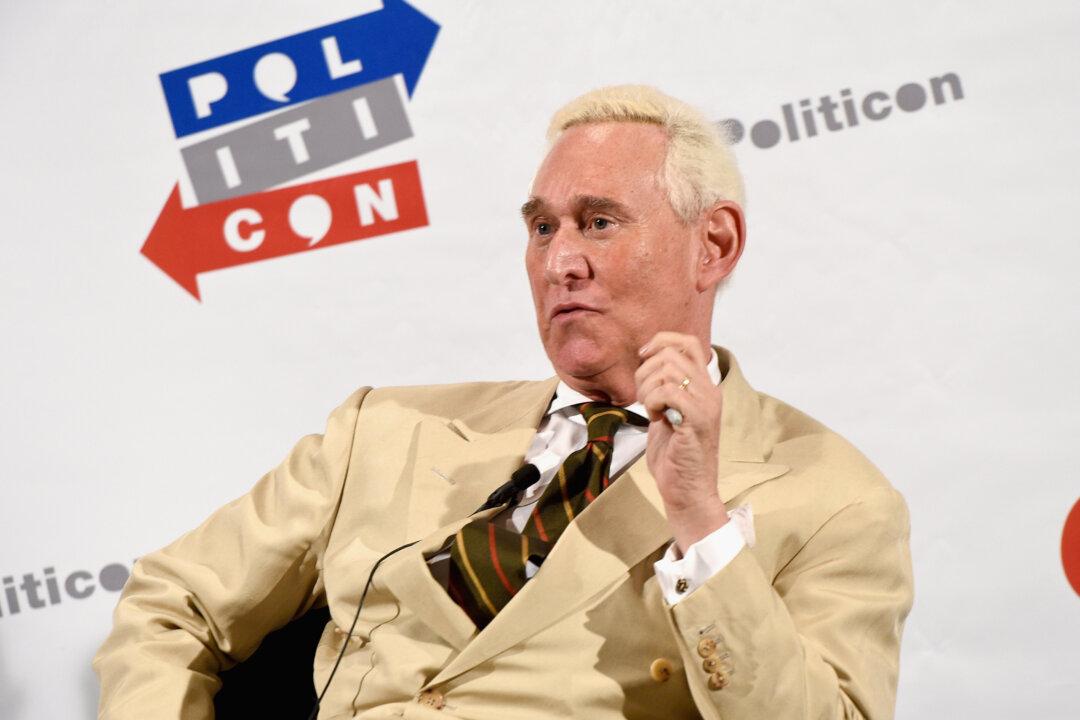Special counsel Robert Mueller indicted Roger Stone on Jan. 25, accusing the political consultant of making false statements, obstructing an official proceeding, and witness tampering.
Stone served briefly as an adviser to the Trump campaign in 2015 before being fired by then-candidate Donald Trump in August that year. Stone, who asserted that he resigned from the campaign, continued supporting Trump throughout 2016.





